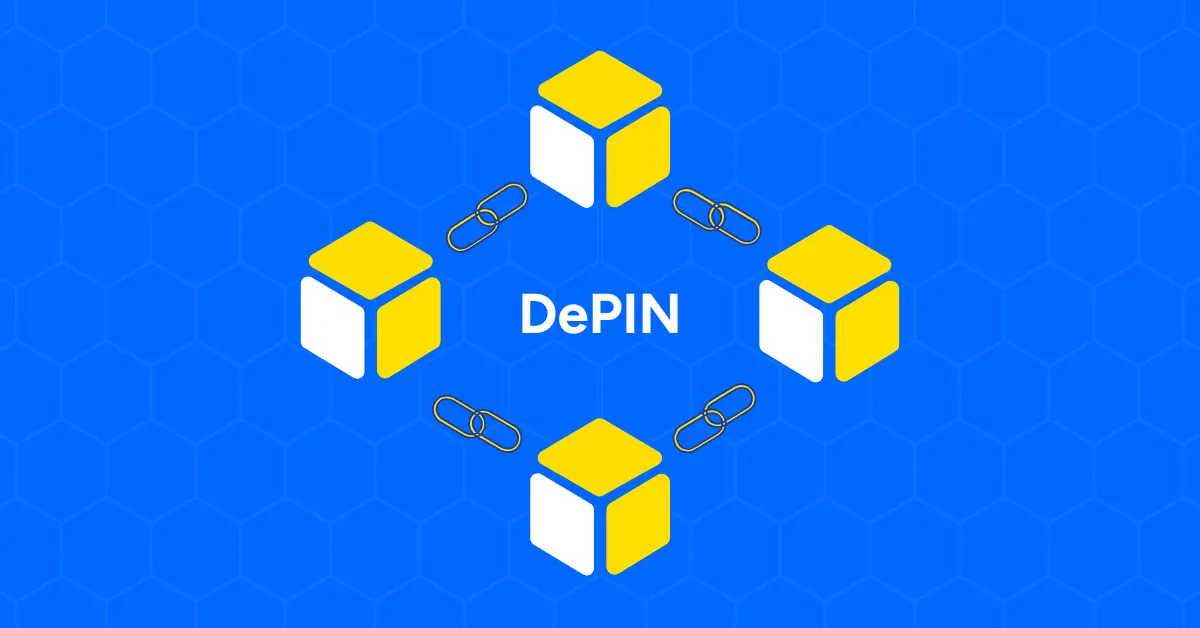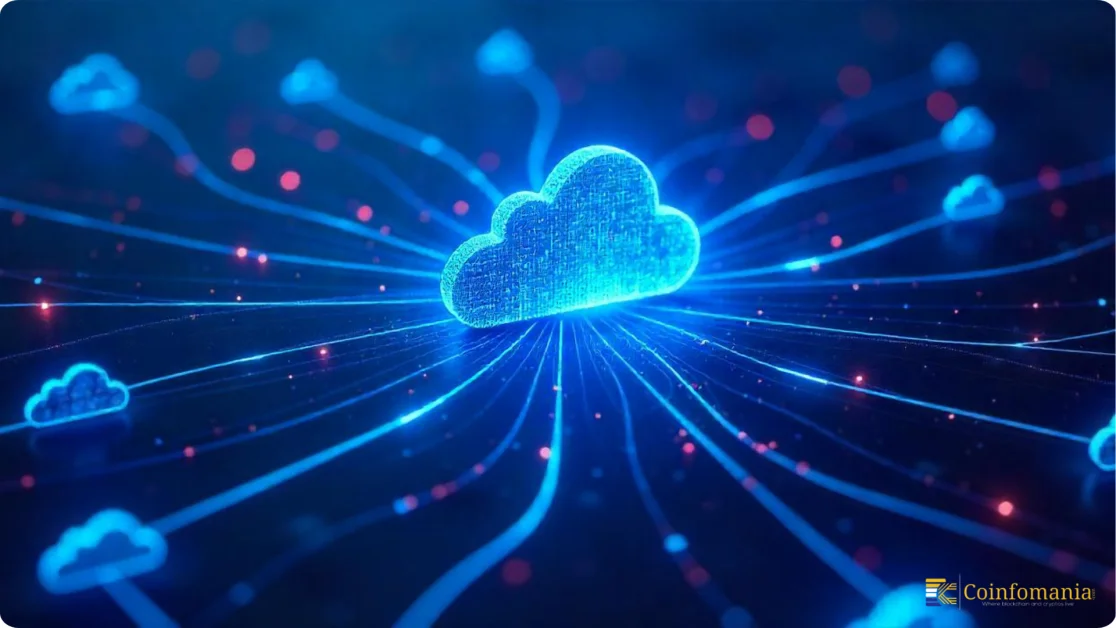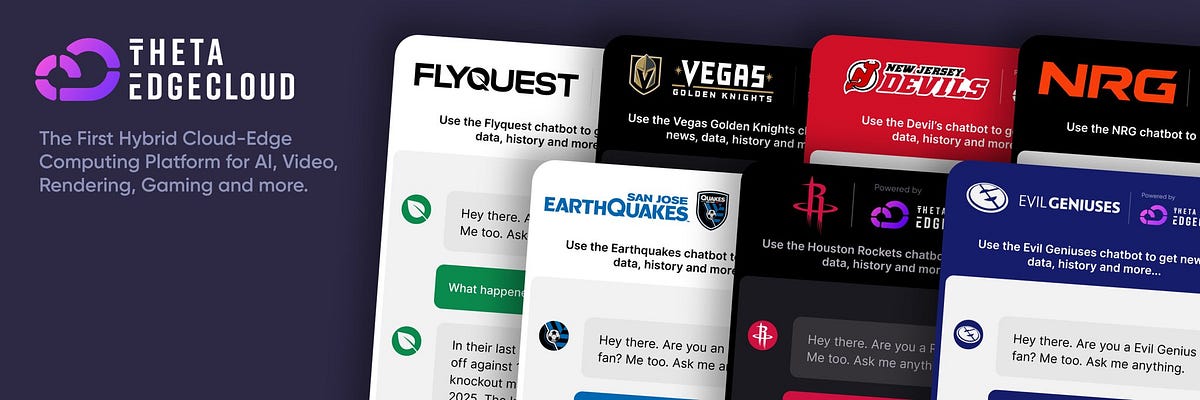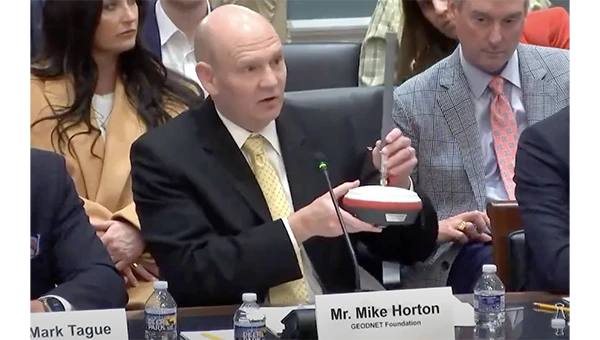Beamable Shines at GDC 2025: A New Era for Decentralized Gaming

Beamable made a significant impact at GDC 2025, showcasing its commitment to decentralized gaming and innovative infrastructure. The event kicked off with an exclusive brunch that gathered industry leaders from major firms like A16z, Binance, and Meta. This gathering was not just a social event; it served as a platform for discussing the future of decentralized gaming and how Beamable’s infrastructure can empower developers to create scalable and successful games. The atmosphere was charged with excitement as insights were exchanged, setting the stage for fruitful collaborations.
Throughout the conference, Beamable’s leadership took center stage at various summits, including the Beamable x Solana Developer Summit. CEO Jon Radoff and CTO Ali El Rhermoul presented on the advantages of decentralized infrastructure for live game operations, emphasizing how it can mitigate backend risks and enhance cost efficiency. Additionally, COO Trapper Markelz engaged developers with real-time demos at the Sui Gaming Summit, focusing on Web3 monetization strategies. These sessions highlighted the importance of adopting Web3-native solutions in today’s gaming landscape.
The networking opportunities at GDC 2025 were unparalleled, with Beamable hosting a lively happy hour that attracted a diverse crowd of developers and founders. The event fostered discussions about game development and backend tools, solidifying Beamable’s role as a key player in the industry. With numerous meetings held throughout the week, Beamable connected with various studios and publishers, addressing their technical challenges and exploring partnership opportunities. As GDC 2025 concluded, Beamable remains committed to driving innovation in decentralized gaming and looks forward to continuing these conversations beyond the event.
Related News





